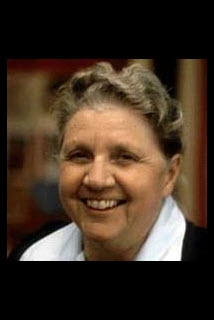Micmacs (2010)


Content by Tony Macklin. Originally published on July 4, 2010 @ tonymacklin.net.
Micmacs is a Gallic mishmash.
It's a sloppy souffle that falls more than it rises. It's airless whimsy.
Micmacs is the sporadic story of Bazil (Dany Boon), whose father was killed by a landmine in north Africa. Bazil himself is collaterally damaged when a shootout, outside the video store in which he works, leaves a bullet in his skull.
Bazil is welcomed into an underground family of misfits -- a contortionist, a human cannonball, and the rest of a motley crew. He finally enlists their help to avenge himself on two arms manufacturers. But the road to vengeance is venal.
Micmacs alludes to other, much superior movies, but when a movie does this it opens itself to further diminution. In Micmacs, in a crucial scene, in the video store Bazil is watching The Big Sleep (1946) on tv and speaking the dialogue along with Bogart and Bacall. Micmacs even borrows music from The Big Sleep. But it's The Big Snooze.
Some reviewers have compared Micmacs to classic silent comedy. They actually have mentioned the sublime BK -- I can't bring myself to mention his name. If in any way it's BK-oriented, it's Burger King, with droopy french fries.
The writing by director Jean-Pierre Jeunet and scenarist Guillaume Laurant is weak. If you appreciate a character (Remington) who continually speaks in cliches, and a conversation confusing "gaze" and "gays," Micmacs may be for you.
Micmacs is like a home movie that the moviemaker, his family, and friends think is a ball. They mug at each other ad nauseam. One expects Mr. Bean to wander into the proceedings.
Actor Dany Boon (Bazil) is in the tradition of ... nothing. Bazil's "romantic" interludes with Elastic Girl are not in the same species with Bogey and Bacall.
Jeunet directs with coy tenacity and stubborn (not ingenious) emphasis on machines and gadgetry. While It reminds some of silent comedy, for me it's noisy plumbing.
Jeunet suddenly changes his tone near the end when he has characters holding photos of children who have been maimed and crippled by weapons.
He follows this with a sequence emphasizing how movies use trickery and artificiality.
Throughout Micmacs, Bazil's patented gesture is smacking himself in the head.
I know the feeling. He smacked me, too.

